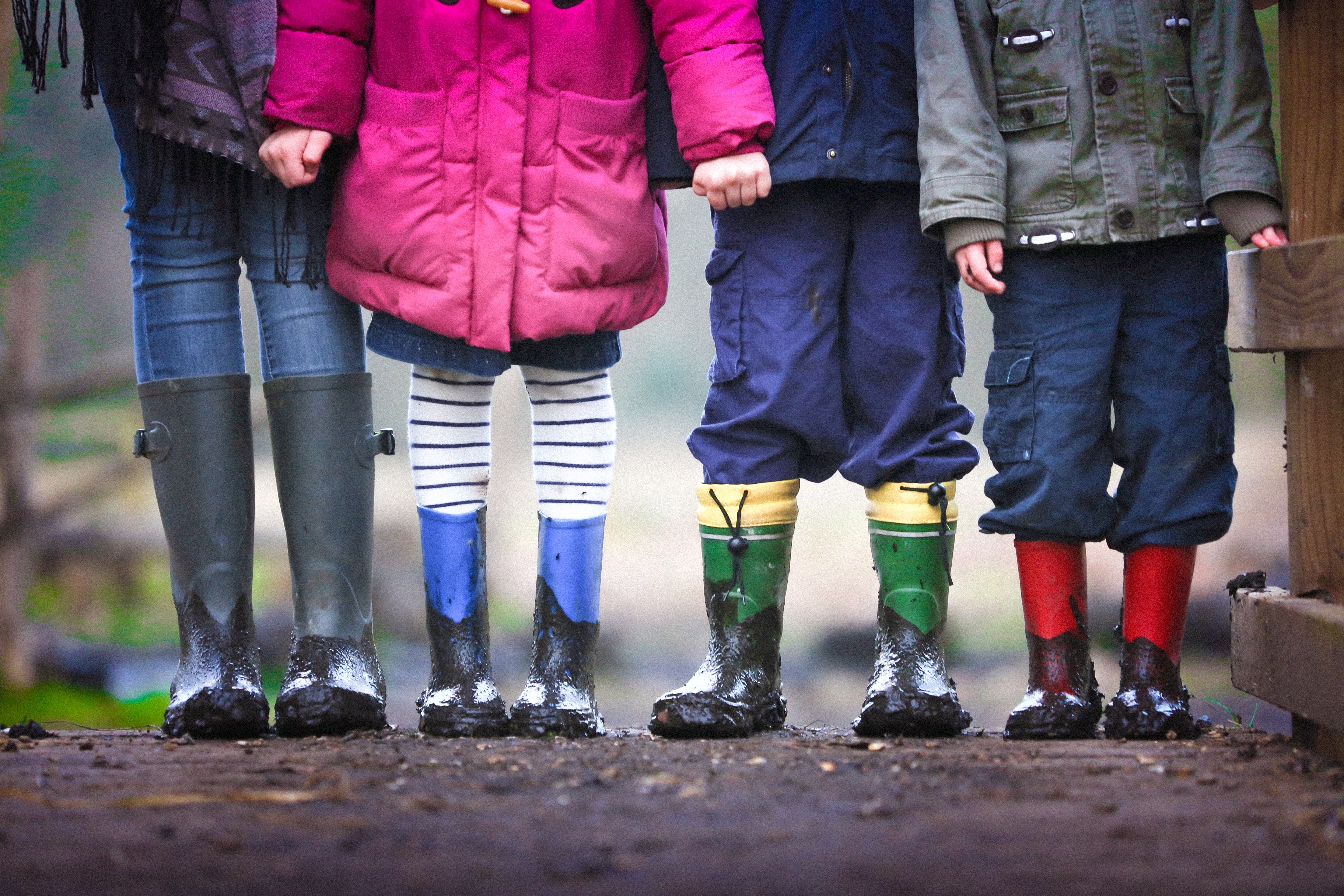10 Ways to Teach Your Kids the Importance of Gratitude
2020 is giving us alot to be thankful for. If you’re reading this at home, that means you have a roof over your head and Internet access. Not everyone has these essentials, which can be hard for kids to understand. When children have always had access to certain resources, they might not appreciate them as much as adults do.
With Christmas, New Year’s Eve, and other winter holidays behind us, now is a great time to reinforce to your kids why gratitude is so important. Gratitude makes us feel more at peace with what we have, which helps us worry less about what we’re lacking. When we’re grateful, we also become more empathetic to those who have struggled more than we have. Empathy and appreciation are qualities that parents hope their children develop, and they have a good reason: these qualities make us better people.
Teaching children the importance of gratitude doesn’t have to be hard or annoying. This year, drive the message home with these activities and conversations about empathy, appreciation, and privilege. Your kids will hopefully start thinking more about what they can be grateful for!
1. Set a Good Example
Children easily pick up habits from their parents. Whenever the opportunity presents itself, tell your kids about what you’re grateful for. Choose something simple, like how you’re glad you got a coupon in the mail. Sneaking positivity into your conversations shows your children how you’d like them to speak!
2. Remind Them of their Privilege
Kids may point out people who aren’t dressed nicely, homes that aren’t as nice as theirs, or panhandlers on the street. Since this can be embarrassing as a parent, you might be tempted to scold them. Instead, remind them that not everyone has access to what they do. Telling a child that some people can’t afford nice clothes might make them grateful for their wardrobe.
3. Point to Religion or Spirituality
If your family is religious or spiritual, use texts or beliefs to show why gratitude is important. You can show your children 1 Thessalonians 5:16-18 in the Bible, Jewish celebrations in the face of adversity, or verse 14:7 in the Quran.
4. Get Them into Community Service
Community service can be fun, but it’s also educational. For example, when kids donate to a toy drive, they learn that not every family can afford to buy their own. They can also write letters to children in hospitals or veterans.
5. Balance Bad Days with Gratitude
When your child is having a bad day, let them vent. Let them know that you understand how they feel. Then, invite them to name something good that happened to them that day. Hopefully, they’ll notice their mood improving.
6. Watch Videos Together
If your kids like watching videos, show them a news clip or TED Talk on gratitude. Find a video of someone who’s overcome difficulties talk about what they’re grateful for. Your kids might not admit it, but the videos could resonate with them!
7. Practice Before Bed
Before your children go to bed, ask them to name something they’re grateful for and why they’re grateful for it. The “why” portion of this conversation is important – your kids will understand how fortunate they are.
8. Tell Them You’re Grateful for Them
To show your kids how great it feels to be appreciated, remind them that you’re grateful for them. This could encourage them to show more gratitude towards others.
9. Have Them Express Gratitude Towards Someone Else
Bring your child to a family member, friend’s parent, teacher, or service professional to show gratitude towards them. When your child sees how much their gratitude is appreciated, they’ll want to express it more often.
10. Word it Differently
When talking about gratitude, use language that your child is more likely to understand. Try using words like “thankful” or “glad” instead.
Grateful people are often times happier than those who don’t count their blessings. Once your children see how much gratitude can improve their lives, they’ll likely start practicing it on their own. When they’re older, they’ll realize how grateful they are for their upbringing!


